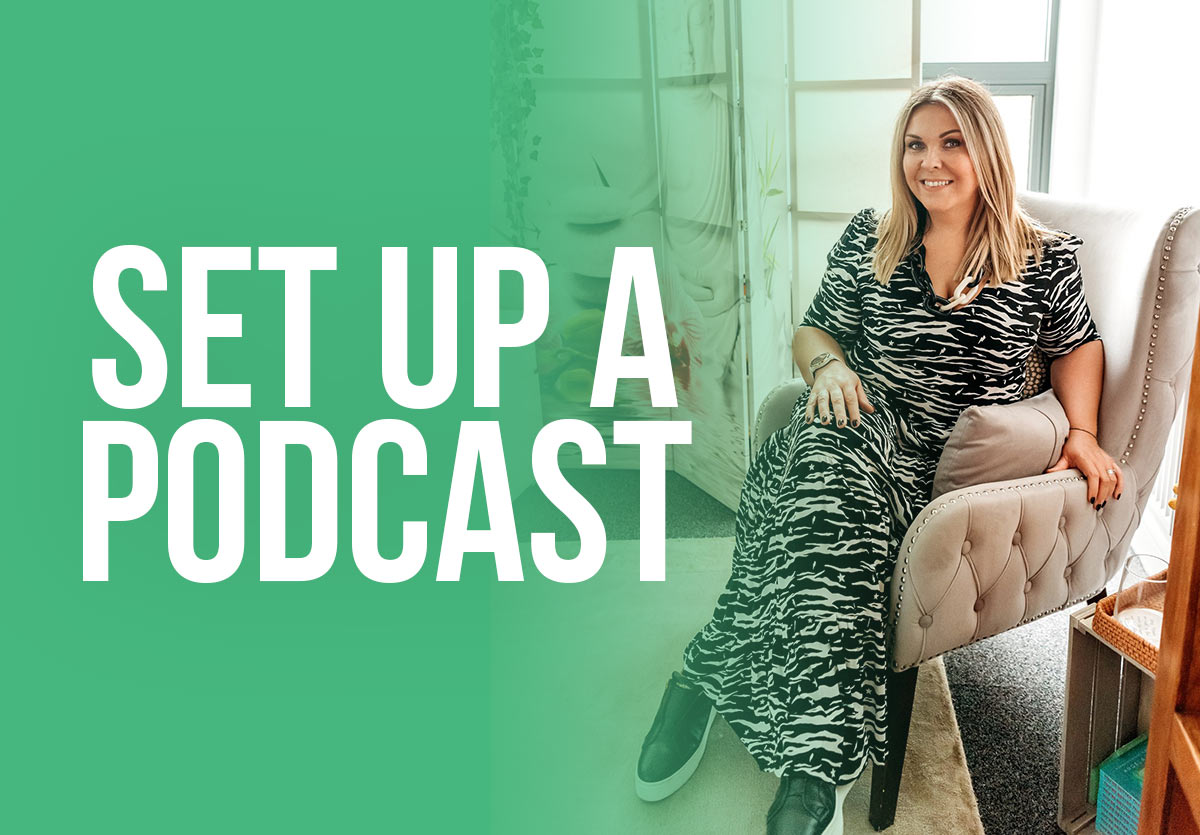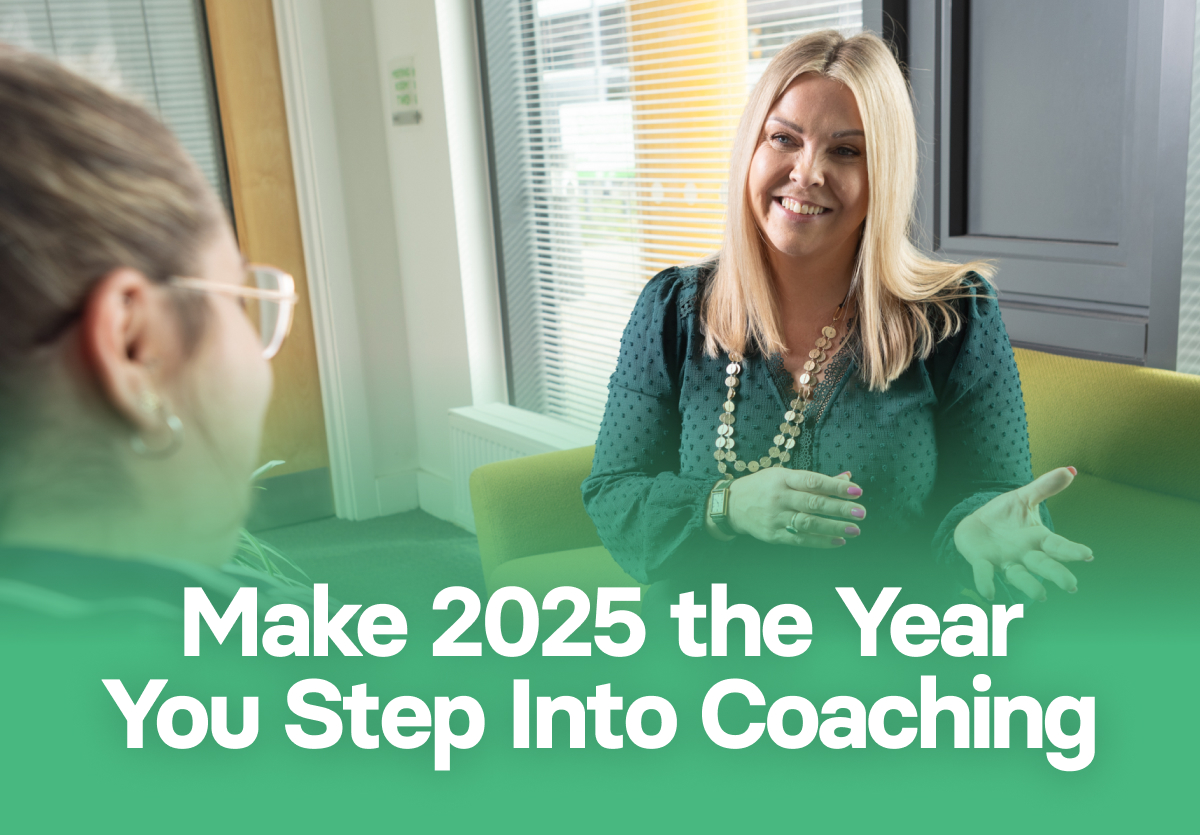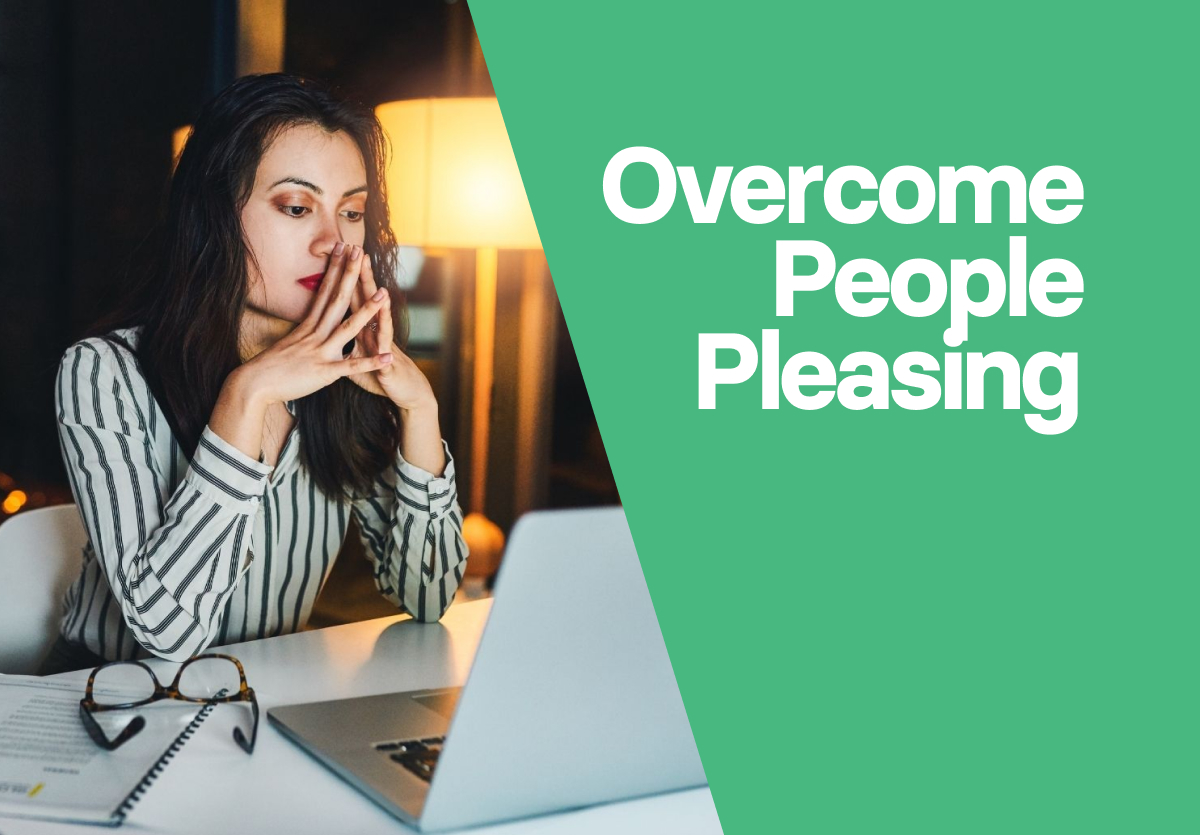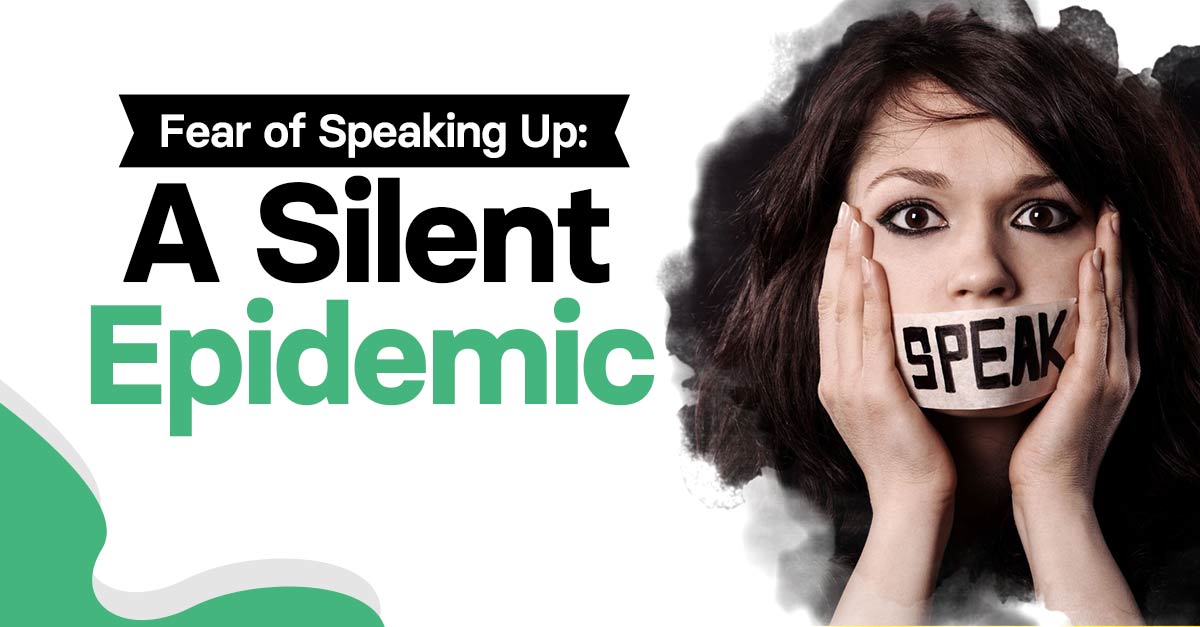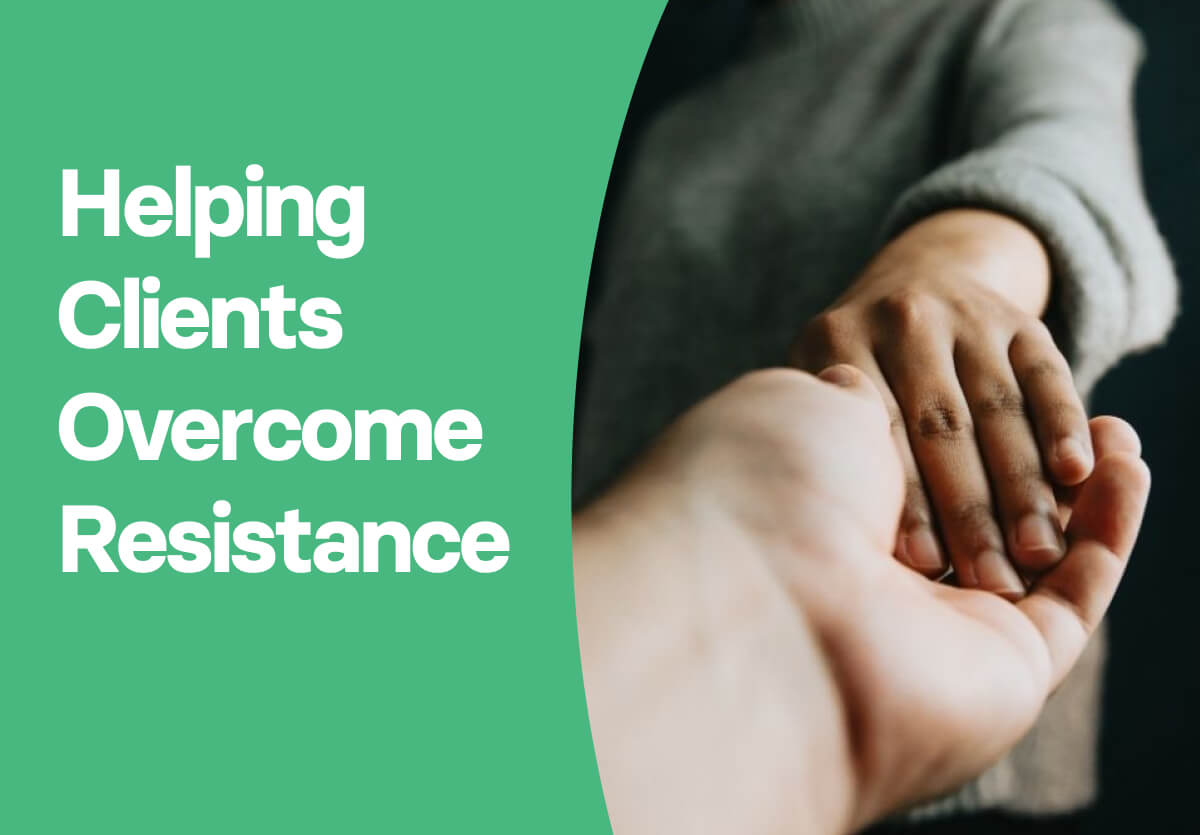We’ve been having lots of calls with emerging coaches who are interested in the Paseda360 Certified Coach Training. One of the biggest questions is ‘how will I find clients?’
(Download our 12 killer questions answered guide)
If you scroll on social media you’ll be shown a million ways that coaches can attract clients. I get at least ten DMs each week from appointment setters promising to fill my diary with red hot leads. There’s the lead magnet funnels, list builders, paid ads, and thousands of 5 step programmes.
The truth is, there isn’t a one size fits all approach. What I do know, is what has worked for me. I haven’t spent money on paid ads for my 1:1 coaching business. Instead, the majority of my clients have come from four main channels.
- Showing up on consistently on social media channels.
- Building communities.
- Referrals
- Hosting a Podcast
And, importantly.. being myself. Showing all the different sides of me and not pretending to have it all together, or all figured out.
In this article I’m going to talk about my podcast, The Mindset Mentor Meets, and I’ll share why it’s been a fabulous way to attract clients, and how coaches might leverage a podcast to do the same.
Oddly, attracting clients wasn’t the intention of the podcast initially. I just fancied giving podcasting a go, and like a happy accident, it has gone on to deliver some very unexpected outcomes.
Since it’s launch, I’ve recorded 89 episodes and attracted 65,000 downloads, interviewing senior leaders about their proudest moments.
The first episode was an interview with Pret CEO, Pano Chistou. He’d cancelled the day before we were due to record, and I rang his PA and persuaded her to find another slot. I really wanted him to be the first guest. Thankfully, she found a time.
I was sent to the wrong address to meet with him and found out with ten minutes to spare, so had to leg it across Victoria in London to get to the right office.
I was a bundle of nerves but got the interview, and the podcast was born.
A few years on and the podcast has brought in more than £180k of revenue. This hasn’t been through advertising, or monetising the podcast. The revenue has come from connecting with my guests and them becoming clients as a result, and through listeners engaging, joining my communities, and becoming clients.
Each podcast costs around £100 to produce with sound editing and shownotes creation. Hosting costs approx £12 per month, so when you do the maths, it’s not a bad return on investment.
So as a coach, starting a podcast is a great way to attract your clients. Podcasting is a powerful tool for you share your knowledge and expertise while building your brand, establishing yourself as thought leader, and interviewing your ideal clients.
Podcasting can also build a loyal audience. By sharing valuable insights and engaging with listeners, you can build a community of like-minded individuals who are interested in you and your work. These listeners may eventually become clients, as they become more familiar with your style, philosophy, and approach.
Another significant benefit of podcasting is that it can help you as a coach reach a broader audience. Podcasting provides coaches with a platform to reach people who may not have otherwise discovered their work. By sharing your podcast on social media, through guest appearances on other shows, and through other marketing channels, you can expand your reach and attract new clients from all over the world.
When I interview a leader, lots of people in their organisation listen and I attract new followers.
Starting a podcast as a coach may seem daunting at first, but the process is relatively straightforward. The first step is to identify your target audience. The podcast’s content should be tailored to the needs and interests of your ideal clients.
The next step is to choose a name for the podcast and create artwork and branding materials. You should consider working with a graphic designer or using a tool like Canva to create eye-catching visuals that reflect your brand’s personality.
After creating a name and branding materials, you’ll need to select a hosting platform. Some popular options include Buzzsprout, Zencaster, and the one I use Podia. These platforms provide you with the tools they need to upload and distribute your podcast episodes to major podcast directories like Apple Podcasts, Spotify, Amazon and Google Podcasts.
When it comes to costs, starting a podcast can be relatively inexpensive, especially compared to other marketing tactics. Basic equipment requirements include a microphone, headphones, and recording software. While it is possible to record a podcast on a smartphone, investing in a high-quality microphone will significantly improve the sound quality of the podcast. Additionally, you may want to consider purchasing a pop filter and a mic stand to reduce background noise and ensure a clear, consistent sound.
I started with a Blue Yeti mic and upgraded after the first year, investing in the Focus-rite Scarlett Podcasting Kit. I record over zoom, with backup sound recorded in audacity. Most of our podcasts are now recorded remotely and our sound engineer then balances the sound, post recording.
Of course you can record in-person and hire a studio, but there really isn’t a need to do that when first starting out in my opinion.
The main thing is to have quality, engaging conversations that keep people tuning in for more, and to enjoy the process.
And know this…it might take several months for a podcast guest to become a client, as coaching relationships are not instant. Trust they will come.
Listen to the Mindset Mentor Meets Podcast


